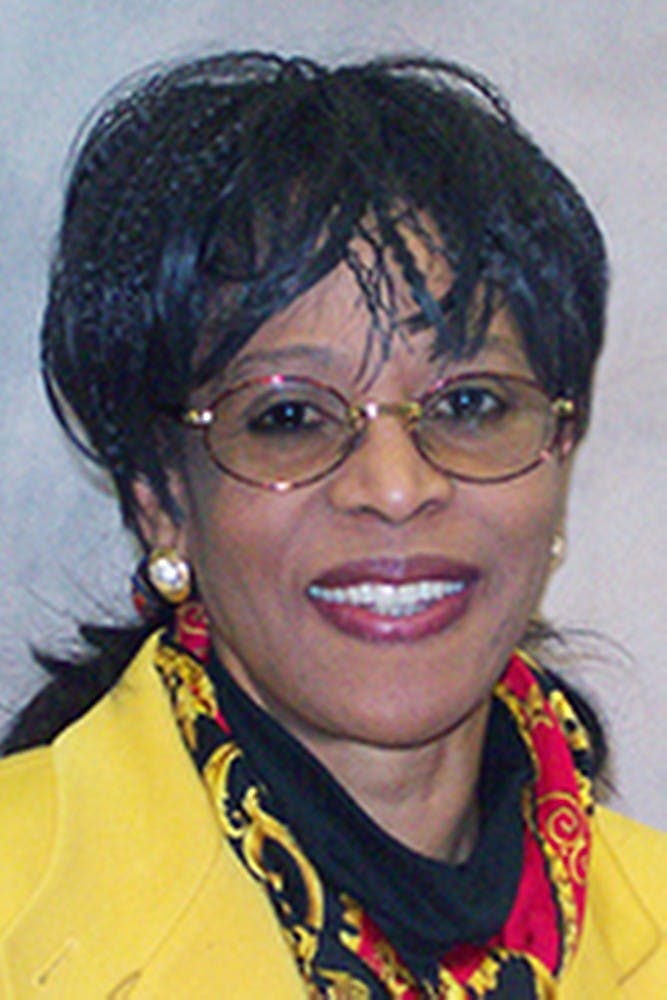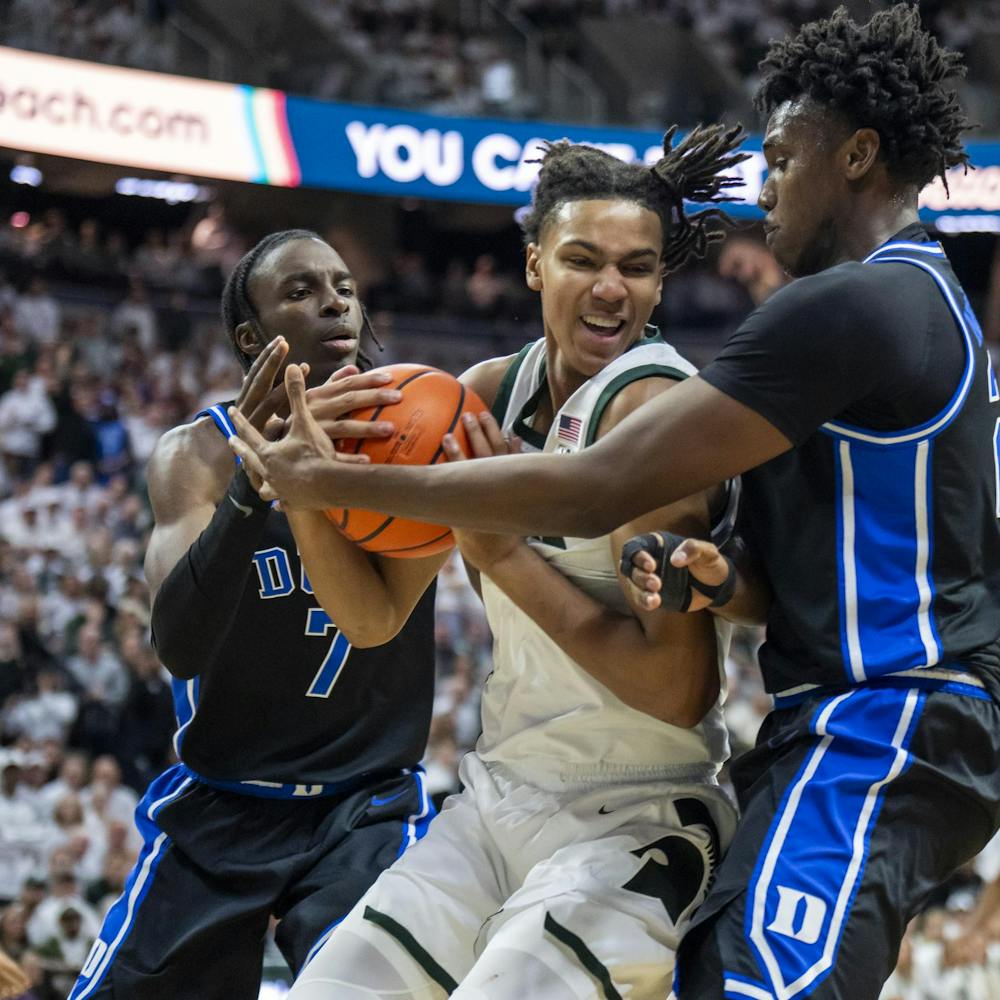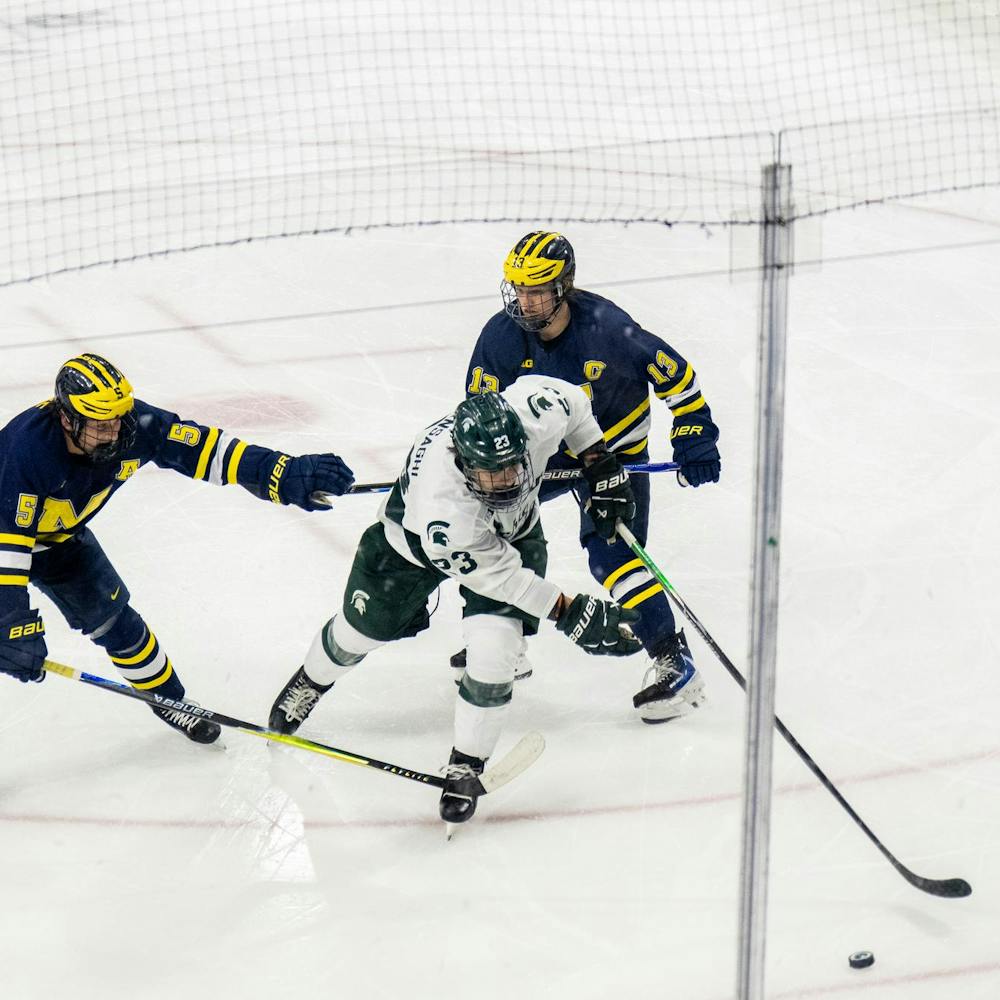Hearing the words cancer can cut through you and cause a stream of emotions difficult for anyone to put into words.
During Breast Cancer Awareness Month this October, men and women might learn from survivors, such as Margaret Aguwa, how being aware of the disease can save a life.
In 1995, while performing a breast self-examination, Aguwa, associate dean of the MSU College of Osteopathic Medicine, made a daunting discovery.
“I was convinced that it was breast cancer, I knew the lump I had was malignant,” she said.
Aguwa said that, as a primary care physician, she had experience with making breast cancer diagnosises which helped her save her own life.
“I went to the doctor and the doctor didn’t feel it, but I had already felt it and knew exactly what it was,” Aguwa said. “She wanted to delay everything because she couldn’t feel it, … So I went to see a surgeon who also couldn’t feel it, and I convinced the surgeon that it needed to be removed.”
Two days after it was removed, Aguwa said a pathology test showed it was cancer.
“It hits you in the face, and you wonder what’s going to happen to you,” Aguwa said. “I have three sons and my youngest son was 10 years old at the time. So I couldn’t help but think, ‘Am I going to see him graduate from high school? Are they going to lose me? Am I going to lose them? Will I be able to care for them? Will I be able to care for myself?’ All of these things go through your head because cancer, we equate it with death.”
Aguwa said the treatment she needed to beat the disease was difficult and put a lot of strain on her body.
“Swelling and pain from the surgery, and chemotherapy most of the time does not recognize bad cells from good cells, so your body reacts to the drugs in different ways,” she said. “You can have nausea, vomiting, hair loss — I basically had all of them.”
However, after having a lumpectomy, seven months of chemotherapy and radiation, Aguwa was cancer-free and has not had a reoccurrence since.
“I was diagnosed in 1995 and I’m still here,” Aguwa said. “What I want to relate to other women is it’s important to know how your body feels. A lot of lumps are found by women themselves.”
Although she did not discover the disease early, Aguwa said early detection is key for survival.
Three years before her diagnosis, Aguwa produced an American Cancer Society award-winning video, “Breast Self-Examination: A Touch of Life,” which has been used as a teaching tool at several nursing colleges and was placed at all American Cancer Society offices for client viewing.
“A lot of my patients didn’t know how to do a breast self-examination, which is how I found mine,” Aguwa said. “My video tape was created to teach women how to do their own breast self-exam because it can save your life.”
Eighteen years after her diagnosis, Aguwa said breast cancer still affects the way she lives and views life.
“Having breast cancer helped me to see life from another perspective,” Aguwa said. “I try not to sweat the small stuff. I’m not as patient as I would like to be, but it expanded my horizon and helped me see people differently.”
Support student media!
Please consider donating to The State News and help fund the future of journalism.
Discussion
Share and discuss “Cancer survivor teaches others the importance of self-examination” on social media.







